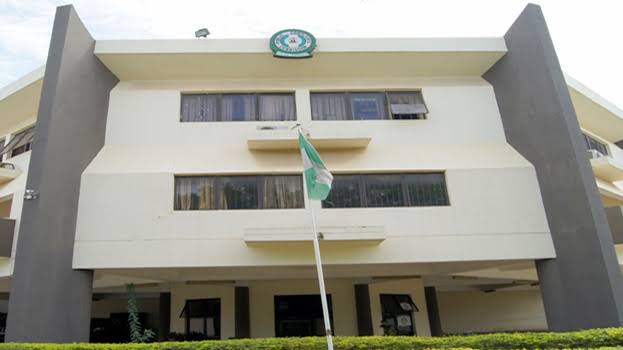The nine-man National Media Complaints Commission, which was constituted last month by the Nigerian Press Organisation is set to mediate disputes between media practitioners and the society whenever one party feels injured by the other.
The commission, expected to be inaugurated next month, has Emeka Izeze, a former managing director of the Guardian Newspaper as chairman and has representatives from the academia, the bar, civil society and the media.
According to Lanre Idowu, the Editor-in-Chief of Diamond Publications and one of the members to be inaugurated in April, the commission will function as a national ombudsman for the organised media and will arbitrate between media professionals and members of the public who have been unfairly treated by the former.
He described the commission as “a very cheap and effective option to mediate between the society and media professionals.”
Speaking to LEADERSHIP on the commission’s role, he said, “The body has not really taken off. In the first week of April, we will be formally inaugurated and can then start the work. I may not be able to talk categorically. I talk generally about the idea, the concept but the members have not met, we haven’t done anything.’’
Idowu however said, “The idea is not to penalise or for the commission to act as an organisation imposing fines. That is not the concept of the Media Complaints Commission. Rather, I think it can stand as an honest arbitrator on issues of ethical breaches. It does not stop anyone that feels the media has perhaps libelled him or her, from using the courts. For example, Mr. A writes a story about Mr. B and he feels it is inaccurate in some areas. It is not balanced, one sided and contains inaccuracies. Mr B has taken the trouble to point out those inaccuracies to Mr A with the mind of getting some redress from Mr. A, maybe a retraction. And if Mr. A rejects those allegations, Mr. B can take it to the Media Complaints Commission that will look at the facts of the case and make a pronouncement.
“Because it is a body that has the backing of organised media, it expected that when a pronouncement is made, it is authoritative enough to be published and Mr. A who is unfair to Mr. B will now be compelled to say; directed by the Media Complaints Commission, we retract xyz report of December 11, 2022. We did not intend to malign Mr. B and we use this opportunity to apologise to him and to wish him well. If that is all you are able to get, your honour has been restored. An inaccuracy has been corrected.”
He said the Media Complaints Commission will be guided by the code of ethics for Nigerian journalists, adding that the code of ethics has 16 articles that range from editorial independence to the right to public interest and the right to access to information. “It has different provisions including one on hate speech. That will be like the guiding bible or holy book that guides conduct of professionals. So, the pronouncement on what provision of the code of ethics has been breached, but it could also mean that Mr. A did not do anything wrong to Mr. B, who is the one that didn’t quite get it right. The fact that you are taken before the commission does not necessarily mean you are guilty.
“The Media Complaints Commission will be guided by the code of ethics for Nigerian journalists. That code of ethics has 16 articles that range from editorial independence to the right to public interest and the right to access to information. It has different provisions including one on hate speech. That will be like the guiding bible or holy book that guides conduct of professionals. So, the pronouncement on what provision of the code of ethics has been breached,” he said.

